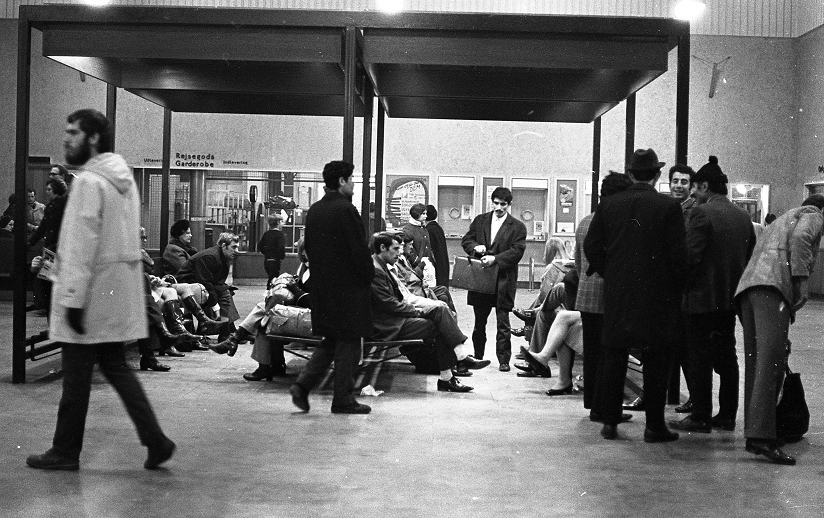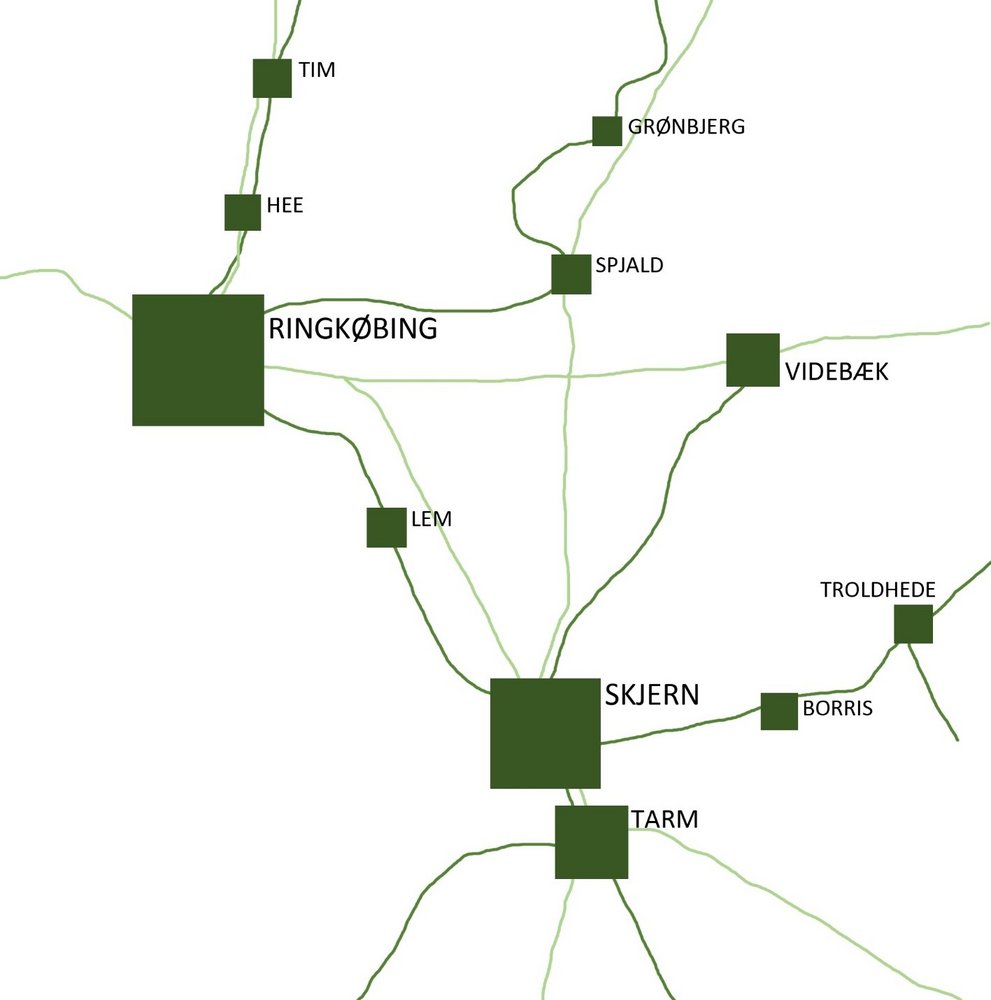Research at Danish Centre for Urban History
The Danish Centre for Urban History has three main focus areas: Research, teaching and promoting urban history. However, research is the cornerstone as both promotion of urban history and teaching is based on thorough research.
The financial and organisational structure of the centre’s research can be divided into five types.
• The director of the centre has an obligation to perform research as part of his associate professorship at Aarhus University.
• The centre is supervising PhD students. They are co-funded partly by the centre, Den Gamle By (The Old Town open air museum), Aarhus University and the National Research Council.
• On special projects, the centre has employed researchers. They have been funded externally by Aarhus University, The National Research Council and from state authorities. Furthermore, employees do research as part of national and international co-operations.
• Finally, some of the centre’s students break new ground in their papers and master’s theses. These also constitute a substantial part of the centre’s research efforts.
The centre’s research focuses both on specific towns as well as comparative studies. Research on specific elements of a town’s history is quite popular among students and has resulted in several theses and studies. The comparative studies, on the other hand, attempt to find the so called “urban variable”, which is known from British research. ”The urban variable” seeks to explain specific developments that take places in an urban social, economic, topographic, or political universe. Often such studies will regard the “town as a phenomenon” as sufficient reference, which means that the study not necessarily has to be legitimised as an angle on or explanation to general phenomena of society, but begins and ends in the urban society. The classical Chicago School and Louis Wirth’s “Urbanism as a Way of Life” have over and over given inspiration to both researchers and students at the centre. Also the classical theories of centrality and localization have been used repeatedly, especially in economic urban studies.
The centre prioritizes to publish the latest knowledge of urban studies through a number of channels: The centre publishes two series of writings: Danish Urban Studies (Danske Bystudier) and Writings on Danish Urban History (Skrifter om Dansk Byhistorie). Both contain contributions from the centre’s own academic staff as well as external contributors. As a special supplement to the centre’s research publications, research material and sources are often published on the centre’s website, named the Digital Town Gate (Den Digitale Byport), to promote further research and in order to communicate the results to a wider audience.
The centre is dependent on external funding for its research and to publish its findings.

